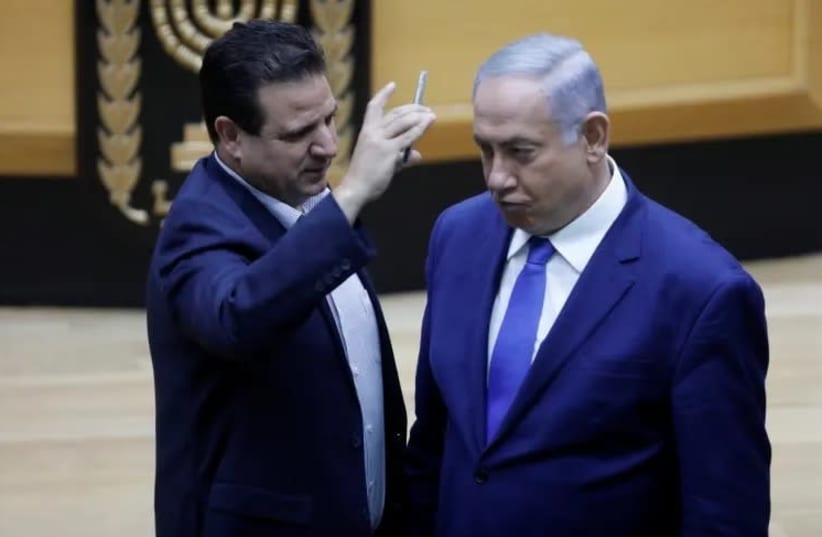Ayman Odeh is poised to make history, no matter the results on Sept. 17
The head of the Joint List of Arab parties, Odeh has indicated that under the right conditions he would recommend to President Reuven Rivlin that Blue and White leader Benny Gantz form a government.
